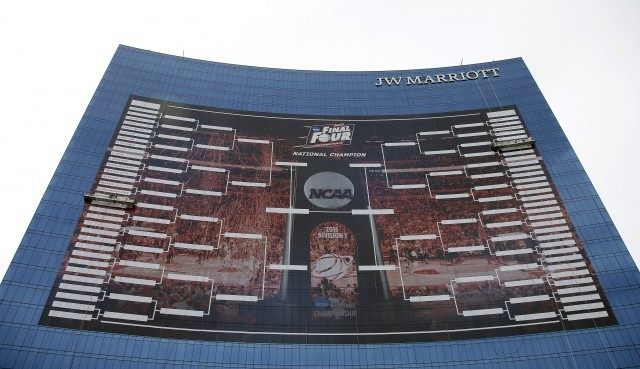U.S. Judge Nathanael Cousins, at a San Jose hearing on Wednesday, called the ground-breaking case against the National Collegiate Athletic Association (NCAA) an “adventurous and risky lawsuit.” The judge signaled he is likely to award the $50 million requested by plaintiffs’ lawyer Hausfeld LLP, who won what Cousins called “the most significant antitrust case of the era.”
U.S. District Judge Claudia Wilken last year granted college athletes the right to be paid for their appearances on television and as “avatars” in video games. She suggested the decision will change American culture. “My view is that the result is an exemplary and surprising result given the challenges they faced at the beginning of the case.”
In a 99-page decision that followed a contentious three-week trial in June 2014, Judge Cousins ruled in favor of former UCLA basketball star Ed O’Bannon and 19 others plaintiffs who sued the NCAA, claiming it violated antitrust laws by conspiring with the schools and conferences to block the athletes from getting a share of the revenues generated from the use of their images in broadcasts and video games.
The court examined the case under Section 1 of the Sherman Act, which makes it illegal to form any “contract, combination in the form of trust or otherwise, or conspiracy, in restraint of trade or commerce among the several States.” In awarding for the student athletes, the Court determined that the NCAA under a 1) a contract, combination, or conspiracy; 2) entered into an agreement to unreasonably restrain trade; 3) that affected interstate commerce.
ESPN.com legal analyst Lester Munson said the Wilken decision means the NCAA is restrained from providing deferred compensation to student athletes that “can’t be less than $5,000.” The ruling means Football Bowl Subdivision players and Division I basketball players who are on rosters for four years potentially will receive at least $20,000 when they leave school.
The NCAA’s attorneys at Schiff Hardin have been trying to cut the plaintiffs legal fees to $8 million. They argue that despite Hausfeld sometimes having 20 lawyers in the courtroom during trial, “only one…did anything,” said Schiff Hardin partner Gregory Curtner. “The others were simply there.”
But Bonny Sweeney of Hausfeld said the NCAA’s attempt to cut the fee request by more than 80 percent is absurd.
Hausfeld also asked for another $10 million in fees for securing a 2013 settlement of $40 million with EA Games and the Collegiate Licensing Company, after filing the NCAA anti-trust suit.

COMMENTS
Please let us know if you're having issues with commenting.